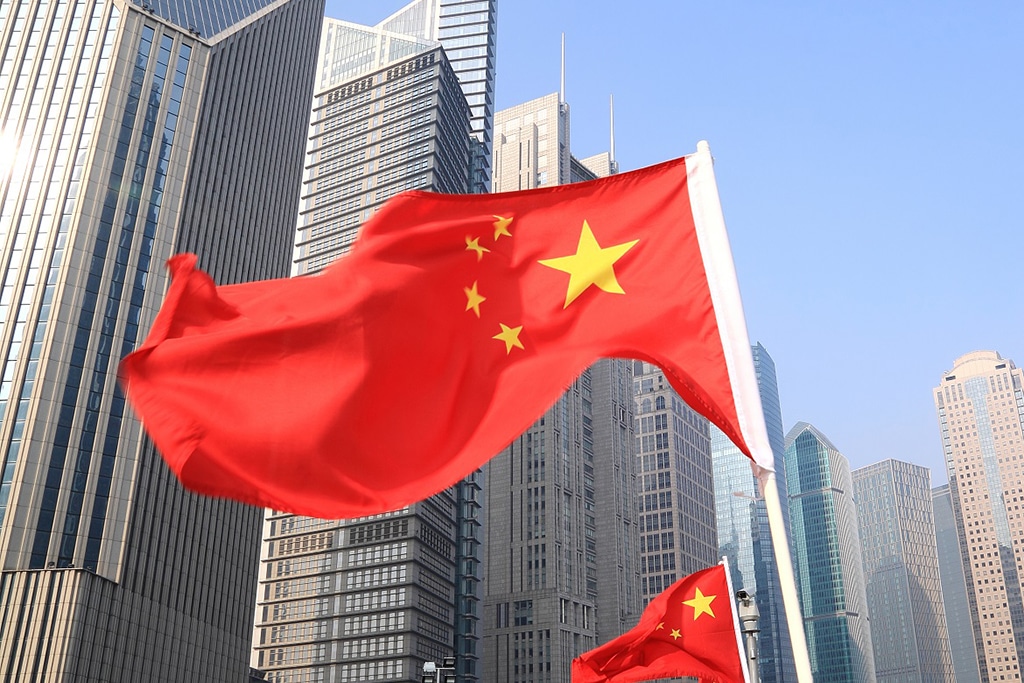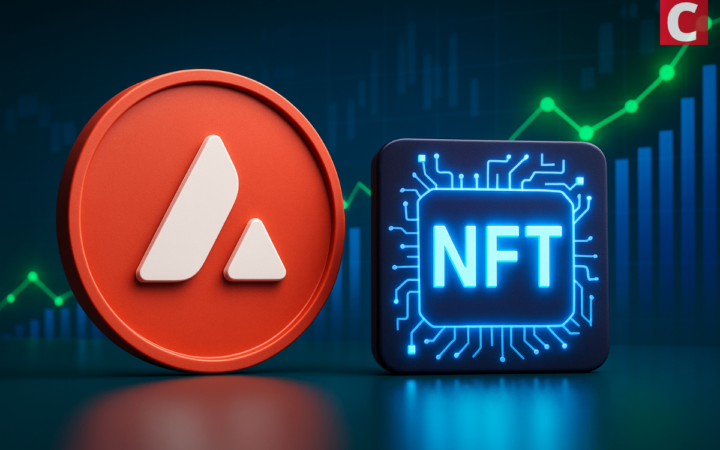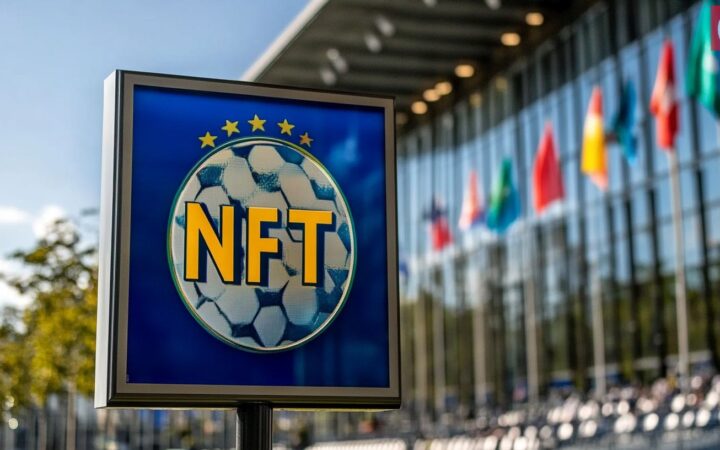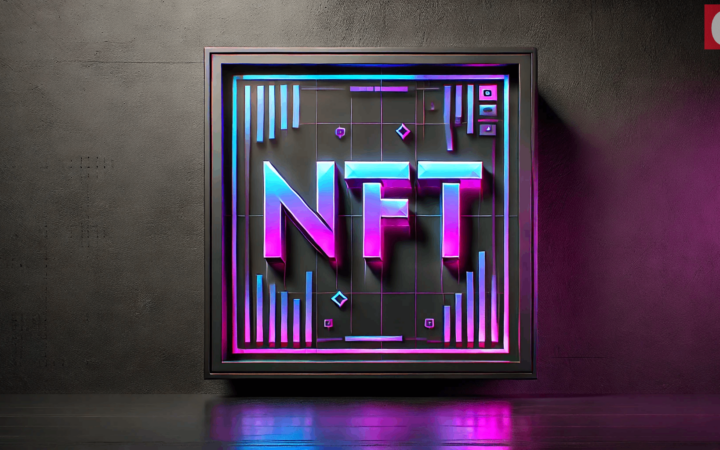
An experienced writer with practical experience in the fintech industry. When not writing, he spends his time reading, researching or teaching.
Since the banning of cryptocurrencies in China, the subject of NFTs has fallen under a legal grey area.

China has unveiled plans to launch the first state-owned NFT marketplace. The marketplace, whose name translates to “China Digital Asset Trading Platform”, will launch on January 1 at a physical event in Beijing.
According to the report, the platform is built on a unique blockchain, the China Cultural Protection Chain. Also, it will be run by China Daily, China Technology Exchange, Art Exhibitions China, and Huban Digital.
Using the platform, Chinese NFT traders will be able to purchase NFTs as well as digital copyrights and property rights. This is quite similar to what obtains for Digital artwork which can be traded on closed and highly regulated platforms.
Since the banning of cryptocurrencies in China, the subject of NFTs has fallen under a legal grey area. While the country has a love-hate relationship with digital currencies, it has been more receptive to NFTs. However, the government discourages the use of NFTs as speculative assets.
According to an unnamed source, the state-owned NFT marketplace will help “regulate and avoid the excessive speculation in secondary [NFT] markets.” Apart from this, the government has also taken steps to regulate the assets and differentiate them from what’s obtainable elsewhere.
For example, the country favors the use of the term ‘digital collectibles’ over NFTs. Consequently, the Ant Group and Tencent changed the website NFT references to “digital collectibles” in October. Also, the collectibles can only be built on permissioned blockchains with limited access.
Again, NFTs in China can only be purchased with fiat. Despite the limitations, NFTs remain popular among Chinese traders. The Chinese NFT industry is projected to grow by 69.5% to reach US$4882.5 million by the end of 2022.
Meanwhile, the Hangzhou Internet Court recently applied property laws to NFTs. The court ruled that NFTs are virtual property protected by law. While acknowledging that Chinese laws are not specific about the “legal attributes of NFT digital collections”, it affirmed the assets should be protected by law.
According to the court, the collectables “have the object characteristics of property rights such as value, scarcity, controllability, and tradeability”.
Disclaimer: Coinspeaker is committed to providing unbiased and transparent reporting. This article aims to deliver accurate and timely information but should not be taken as financial or investment advice. Since market conditions can change rapidly, we encourage you to verify information on your own and consult with a professional before making any decisions based on this content.

An experienced writer with practical experience in the fintech industry. When not writing, he spends his time reading, researching or teaching.




